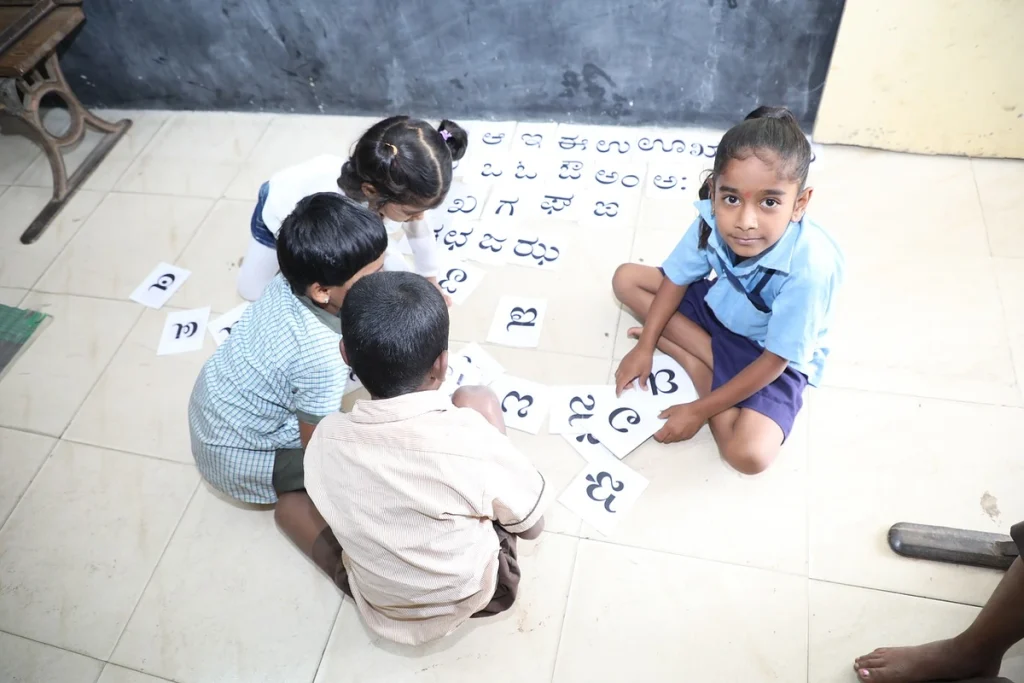Legal Ruling on Age Limit for School Admission and Early Childhood Education

In a batch of civil petitions, parents of children under the age of six as of June 1, 2023, challenged a notification issued on January 31, 2020, which set the age limit for admission to 1st standard in the academic year 2023-24. The Division Bench, comprising Chief Justice Sunita Agarwal and Justice N.V. Anjaria, dismissed the petitions and addressed the issue of parents forcing children into pre-school before the age of three. We are briefing you on the court order and everything related to that in this article.
A Change in Admission Rules
A notification dated January 31, 2023, amended Rule 3(1) of the Right of Children to Free and Compulsory Education Rules, 2012 (RTE Rules). This amendment in Gujarat prohibited the admission of children to 1st standard if they had not completed six years of age by the first day of the academic year, i.e., June 1. Were the amendments implemented?
Enforcing the Amendments
Another notification on August 4, 2020, directed the implementation of these amendments. Parents argued that their children, who were not yet six years old, had completed elementary education and were entitled to admission to 1st standard in the academic year 2023-24. They challenged the notifications as unjust, improper, illegal, and unconstitutional. Did you know that the court has also interpreted the RTE Act?
Interpreting the RTE Act
The court noted that the challenge was not against the requirement of completing six years for 1st standard admission but rather against the specific cut-off date of June 1, 2023. The court interpreted the Right to Education Act, 2009 (RTE Act), which defines a “child” as one of six years of age or older, eligible for admission to a neighbourhood school for free and compulsory education.
Right to Education Commences at Six
The court emphasized that a child’s right to free and compulsory education under Article 21-A and Section 3 of the RTE Act begins after the age of six. Thus, the extension of the admission age is to be understood in that context. But the pressing question still remains, Can a child over six years old be denied admission to formal school?
Prohibiting Denial of Admission
Examining various sections of the RTE Act, the court concluded that a child over six years old cannot be denied admission to a formal school, and the state must ensure such a child’s elementary education without any restrictions.
Emphasis on Early Childhood Care
The court considered the National Education Policy, 2020 (NEP), which recognized early childhood care and education as critical. The NEP highlighted that a significant portion of a child’s brain development occurs before the age of six and called for universal provision of quality early childhood development, care, and education.
Pre-school Preparation
Referring to Rule 8 of the RTE Rules, which prohibits admission to a preschool for children under three years of age, the court explained that early childhood care and education in a preschool prepares a child for 1st standard admission. The parents had admitted their children to pre-schools before they turned three, violating the RTE Rules.
Aligned with Educational Objectives
The court upheld the cut-off date for 1st standard admission as rational and consistent with the RTE Act and the NEP’s emphasis on early childhood care and development. Thus, it dismissed the petitions for lacking merit.
Winding it up
This legal ruling clarifies the age limit for 1st standard admission and emphasizes the importance of early childhood care and education. It also highlights the significance of adhering to educational regulations and policies to ensure a child’s proper development and educational journey.
